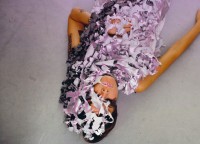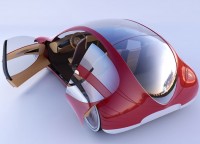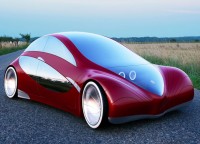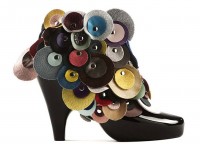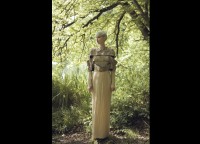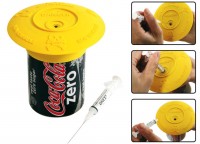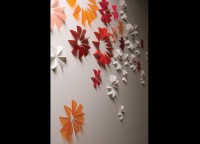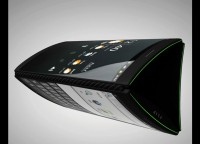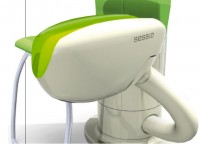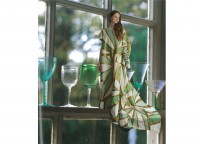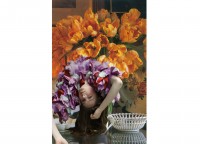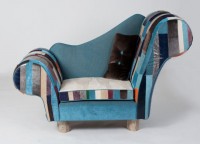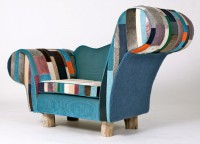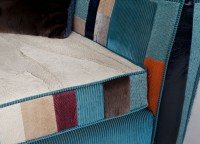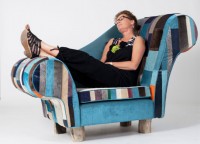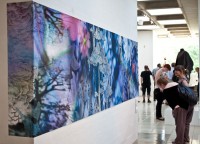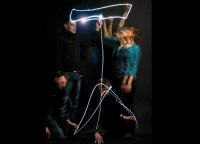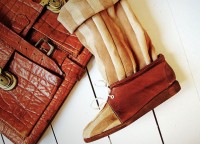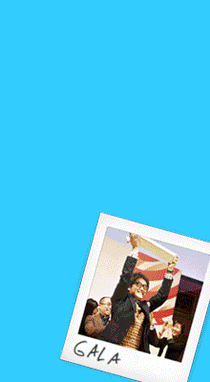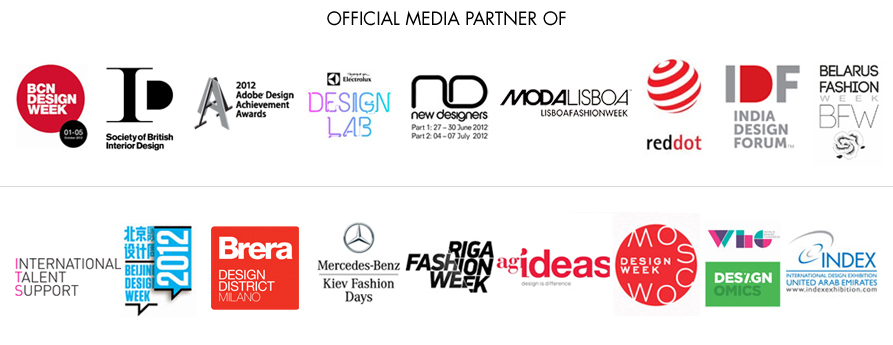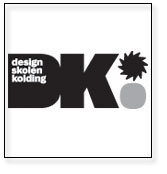
- Anna Katharina Thomsen & Anne Bretschneider
- Christian Troels Hansen and Jonas Birkebæk Poulsen
- Christian Troels Hansen and Jonas Birkebæk Poulsen
- Christian-Hansen, Maria Rokkedahl Nørholm, Lea Zaar Østergaard
- Hân Ngoc Pham
- Kerstin Bro Egelund
- Kristian Larsen
- Kristian Lindhardt Nørhave, Marcus Hannibal Madsen,-Louise Springborg
- Maria Parsons
- Maria Parsons
- Marte Undereidet
- Marte Undereidet
- Marte Undereidet
- Marte Undereidet
- Mette Borgen
- Miriam Brostrøm and Mir Toftemark Nielsen
- Nicholas Nybroe Jensen
- Sally Laug
- Stine Weigelt
Kolding School of Design is a recognised member of Cumulus, the international network of top design schools. The school educates designers at Bachelor, Master, and PhD levels within the fields of Textile Design, Fashion Design, Industrial Design, Graphic Design, Illustration Design, and Interaction Design.
Approx 400 students are currently registered.
In addition, the school runs a Master’s Degree Programme in Design Management offered in collaboration with the University of Southern Denmark (SDU). As of January 2011, the school also hosts the future master level Interaction Design Programme at Copenhagen Institute of Interaction Design (CIID).
Kolding School of Design is especially committed to the issues of sustainability, social inclusion, and cultural diversity and to creating responsible economic growth, for instance by entering large-scale strategic partnerships with industry.
KNOWLEDGE BASE
The school rests on three pillars:
Artistic development work: Ensures continuous development of specialist and artistic knowledge; it is carried out by regular employees – often in collaboration with students. The produced knowledge subsequently becomes part of the curriculum.
Research: Intensive research efforts and focus on “research through design”; this means practice-based research and educating designers to become researchers.
Practice: Produce excellent designers that collaborate well with other professional groups. The day-to-day teaching emphasises practice and collaboration with industry to ensure that the education is on par with the working life that awaits the students after they graduate. To stress the link to professional practice further, most of the faculty is experienced professional designers.
EXPERIMENTAL DESIGN LABORATORIES
Kolding School of Design has set up laboratories to collect, develop and communicate the many competencies of the school in collaboration with a variety of partners. The laboratories are a space for experimenting and for teachers and students to test new educational programmes and methods within a cross-disciplinary environment.
At present, there are two operational laboratories working under the themes of social inclusion, and design and sustainability.
In the Laboratory for Design and Sustainability the focus is particularly on energy and fashion. In the field of energy, the laboratory works with user-driven innovation in the electric car project ; a large-scale project entitled aiming to make electric cars a commercial success. The project is not about the cars themselves but about the infrastructure and the services surrounding them. In the field of fashion, the laboratory directs attention to eco-friendly and ethically responsible textile production, fair trade, and clothes for marginalised groups.
The focus of the Laboratory for Social Inclusion is primarily on assistive technology – including textiles, lighting, games, and welfare robots.
Based on the claim that cultural diversity strengthens innovation and design, the school is currently setting up a third laboratory, the Laboratory for Cultural Diversity. Among other things, this laboratory is focused on expanding collaboration with Tongji University in Shanghai and establishing project collaborations in Ghana.
INTERNATIONAL
Design is for everyone, and the world is the designer's workplace. Therefore, internationalisation represents a strategic tool for the school in its efforts to educate the students to take responsibility and contribute to solving the global challenges of tomorrow.
To ensure that Kolding School of Design continues to evolve and match the best, it is important for the school to nurture and develop international contacts, networks and collaborations. Thus, having a global outlook is a key element of the teaching, and study trips abroad are naturally incorporated. The trips often involve local collaboration with students and companies. The international environment at the school is maintained by inviting international students, teachers, and researchers to the school. A major international event is the annual Design Camp; a master class for invited design students from selected design schools and universities around the world, who gather to develop design solutions assisted by specially invited international designers and educators. Design Camp focuses on the development of society in a broad perspective and is best characterised as a cross-cultural collaboration between nations, institutions, and industry on meeting global challenges and solving common issues.
Each year, Kolding School of Design accepts a large number of international students from within and outside Europe’s borders. The school also sends an increasing number of Danish students abroad, either on exchanges or to partake in international collaboration projects with local companies, NGOs, or institutions.
RESEARCH
Kolding School of Design wants to challenge and develop traditional design perceptions and practices. Therefore, the school’s research is often carried out in close cooperation with the business community and the cultural life and often involves designers and researchers from other educational institutions nationally and abroad.
The research at Kolding School of Design thus contributes to an increased understanding of the pivotal role design plays in the development of society's innovative dynamic. The school's research supports the development of concepts and methods within design-driven innovation processes in industry and cultural life as well as the public sector; just as the research is instrumental in continually changing the knowledge of the design educations.
Kolding School of Design aims to contribute to the frontiers in international design research. The research unfolds within four fields of force, which share the common objective of strengthening the school's research based knowledge on:
- Creation processes and cognition in design
- Processes and methodologies of designing
- The cultural, organisational, and technological embedment of design processes
- Challenges for current design practices – value creation, ethic, sustainability, inclusion, and multi-cultural dimensions.
VISION
In close collaboration with the University of Southern Denmark and international partners, Kolding School of Design will develop into a leading design institution focused on sustainability, social inclusion, and cultural diversity. It will be a trendsetting institution, which supports innovation and economic growth based on research, artistic development work and collaboration with industry.
MISSION
- To offer a top level design education
- To develop and disseminate top level design research and artistic development work
- To develop a national and international education and design environment based on sustainability, social inclusion, and cultural diversity
- To be a local, regional, and national driver for the interplay between design, education and industry
- To offer continuing education and expert advice to the business community and the public sector
CONTACTS
Elsebeth Gerner Nielsen, Rector egn@dskd.dk
Lone Dalsgaard André, Head of Education lda@dskd.dk
Mathilde Aggebo, Head of Department of Product Design ma@dskd.dk
Mette Harrestrup, Head of Department of Communication Design mh@dskd.dk
Anette Flinck, Head of International Relations af@dskd.dk
Marianne Baggesen Hilger, International Communication mhi@dskd.dk
OFFICIAL WEBSITE




